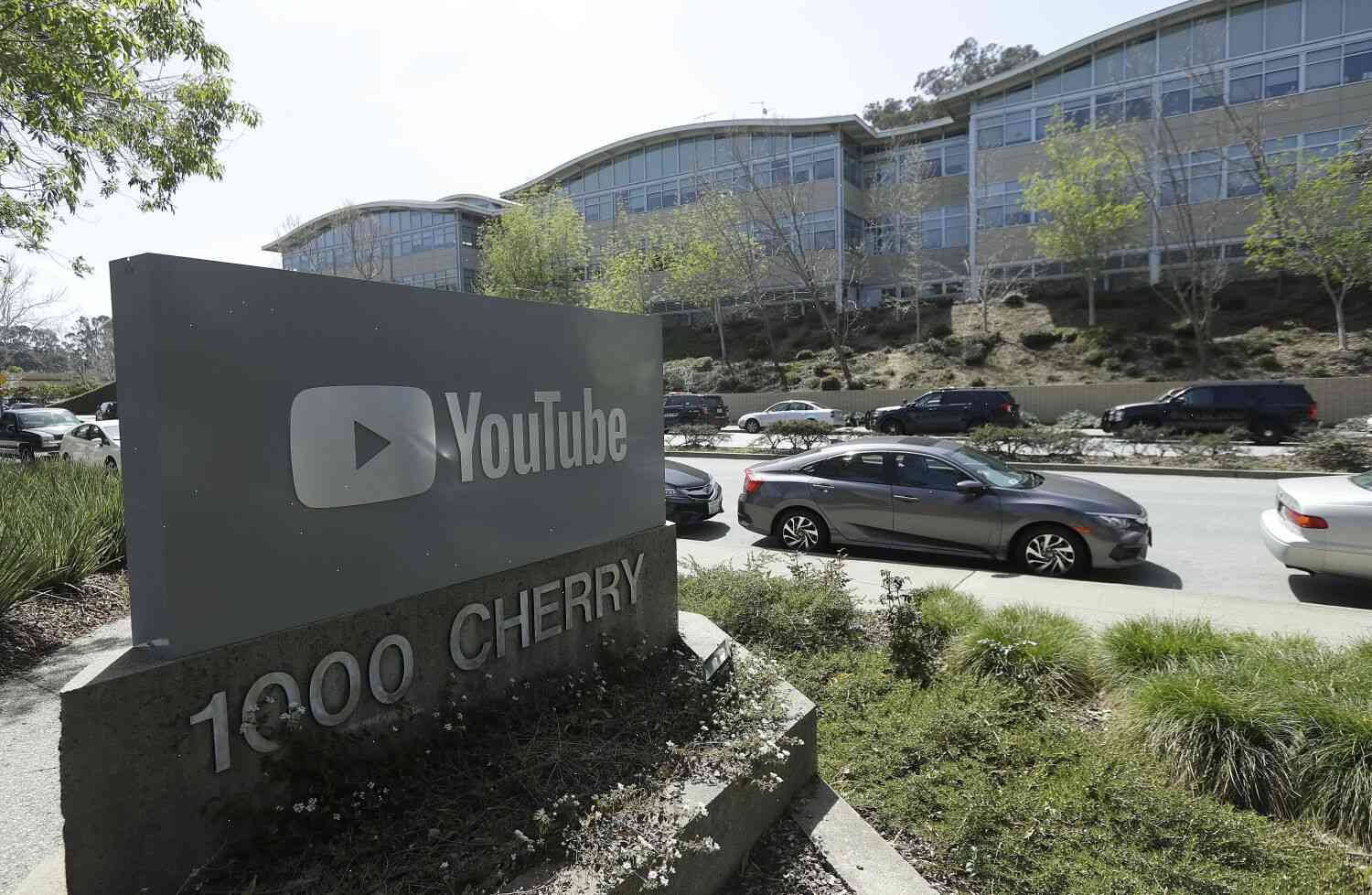Op-Ed: The Supreme Court could upend the internet. How? By deciding who gets to speak on social media.
It’s a new year, but it feels like the New Year is already here. In 2017, we’ve seen the advent of the blockchain, the emergence of the internet of things, and the emergence of the internet of things as the “Internet of Things.”
But the Internet of Things is not the full story. The Internet of Things is a tool to connect machines and human beings. But it’s not the underlying “thing” that connects machines and humans.
In the last three years, the Supreme Court has delivered some important decisions on privacy rights and free speech. But for the Internet of Things to truly thrive, it needs more than the Court to protect it. It needs more than the internet to support it.
More than just data
Last week, on February 23, 2018, the Supreme Court held oral argument in the landmark case of Riley v. California, in which the Court considered whether online platforms are required by law to protect users’ intimate photos and videos from deletion.
The case was about the right of every citizen to access personal information stored on social media sites.
In an incredibly long oral argument, both the government and social media companies put forth their cases on behalf of user privacy.
The government offered what, for some, was an unexpected argument. The government argued that protecting citizens’ privacy is not only for citizens but also for the government. The government argued that the private information they have stored on the internet is also government information, and it shouldn’t be able to be accessed or deleted by the government.
In short, the government argued that the social media companies should be required by law to make their personal information accessible to law enforcement, not just law citizens. This is similar to a common law legal principle known as “one man, one vote” which has been around for a long time. When citizens share their lives on the internet, the government is the individual who has the power to subpoena them or their personal information. But because the government must balance the need for privacy with the need for law enforcement, it’s important to note that the government has no standing to subpoena private information stored on social media without a warrant.
In the same argument the government made, the social media companies said users should have the freedom to







